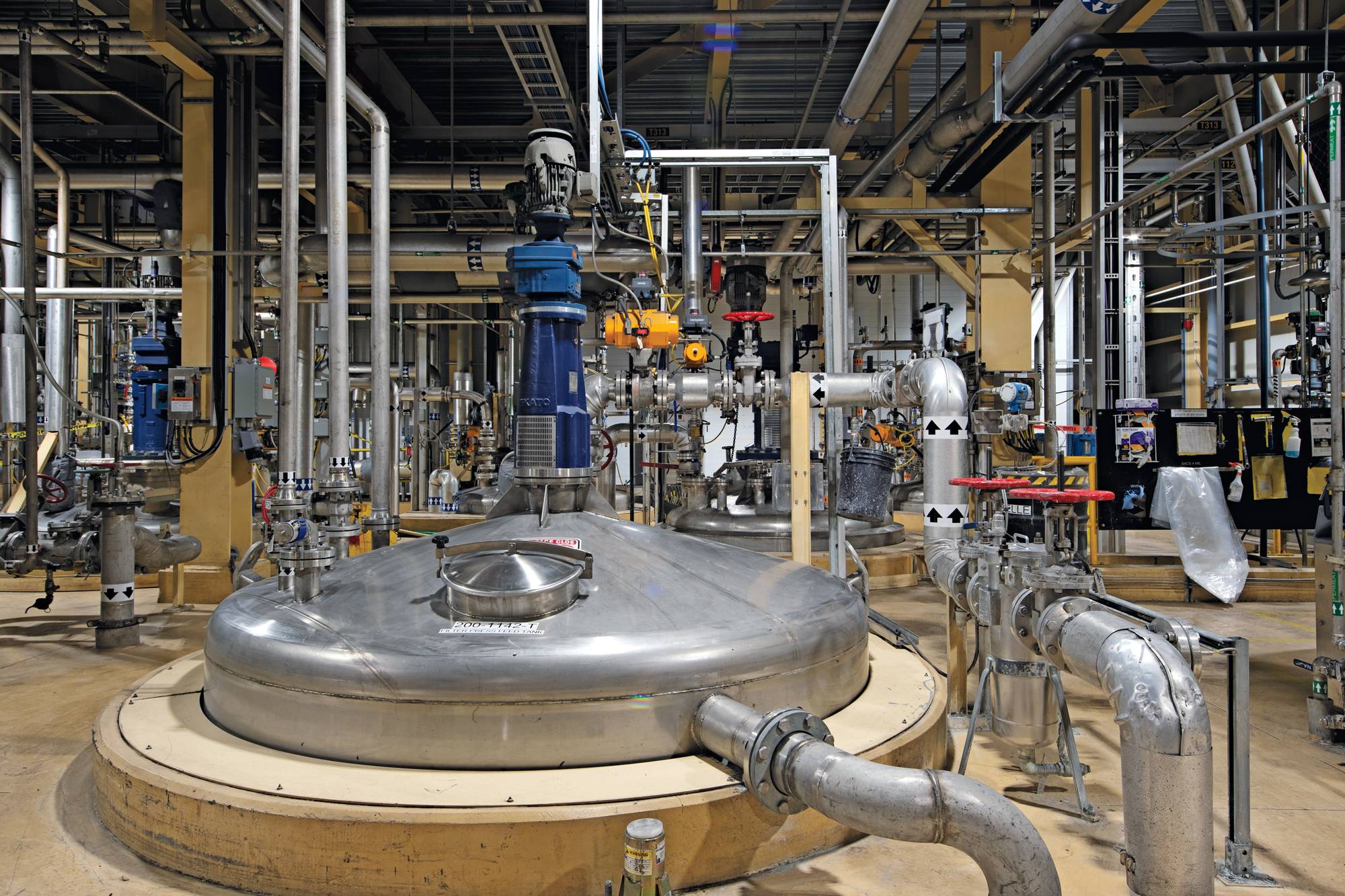
The Lithium Iron Phosphate Battery
The Lithium iron phosphate battery is a great alternative to lead-acid batteries. It has excellent cycling performance, is tolerant to extreme temperatures and provides a safe operating environment for users.
Some Western companies are hoping to beat Chinese competitors by building the first large-scale LFP factories in North America. One example is Aleees, which plans to build a factory in Michigan to make cathode materials.
Energy Density
The energy density of a battery is the amount of power it holds per volume or weight. Lithium iron phosphate batteries have the highest energy density of any lithium battery, which makes them ideal for use with solar systems because they allow you to get the most out of your solar panels. With a platform voltage of 3.2V and the ability to charge at 1C, LFP batteries hold 90/120 watt-hours per kilogram.
The best part about lithium iron phosphate batteries is that they are environmentally friendly. While other lithium batteries can emit toxic gases, especially when overcharged, lithium iron phosphate batteries are completely safe and non-toxic. They also have a long lifespan, so they don’t need to be replaced as often as other batteries.
Our Dragonfly Energy batteries are made with LiFePO4 modules that are wired in series and parallel to create a 48 volt DC battery pack. They can handle high discharge currents, making them a great choice for heavy duty applications like engine starting. These batteries are also able to handle multiple charging and discharging cycles without losing their capacity. Unlike other lithium batteries, lithium iron phosphate batteries are stable in all temperatures, so they can be used in harsh environments that would damage other batteries. This means that you can get the most out of your solar system, even if it’s located on a remote mountain top or other extreme location.
Longer Lifespan
When it comes to storing energy, there are many options available. However, it can be difficult to choose which type of battery will suit your needs. This blog post will be exploring one of the latest advancements in rechargeable battery technology, the LiFePO4 or LFP battery.
Compared to other lithium batteries, this Lithium iron phosphate battery type has a longer lifespan. This is because they are designed to withstand more cycles without losing performance. This makes them ideal for electric vehicles or power storage applications.
However, they do need to be taken care of properly to keep their lifespan intact. Like any rechargeable battery, they can be damaged by overcharging or excessive heat. To avoid this, it is important to charge your batteries up to 4.2v per cell and not any higher. It is also a good idea to use a lithium iron phosphate battery charger, as this will ensure your battery doesn’t exceed the maximum voltage limit.
In addition to this, they are more environmentally friendly than other lithium batteries. This is because they use more abundant and non-toxic materials to create the cathode. They are also less likely to explode or catch fire, making them safer in an emergency situation.
Faster Charging
In addition to a longer lifespan, LiFePO4 batteries also charge and discharge faster than other lithium batteries. This feature makes them ideal for RV’s, caravans, and home solar systems. However, the high cost of LiFePO4 batteries can be prohibitive for some applications. This is why the development of a new battery technology may make this option more accessible.
The technology is based on the use of carbon-coated spherical LiFePO4 particles that offer excellent electrochemical performances and high tap density. In a battery, the tap density represents how close the battery can pack its cathode material. Xie’s work shows that spherical particles have higher tap densities because they can be more easily and closely packed.
A key problem with conventional lithium ion batteries is thermal runaway, in which the battery reaches a point where it cannot accept more current. This can occur if the battery is overcharged, and the fire can be dangerous. Luckily, the battery technology has been improved to create lithium iron phosphate batteries, which are less prone to thermal runaway.
The new batteries are safer to handle and can be recycled more easily than other lithium-ion technologies. They are also more environmentally friendly, as they do not contain heavy metals or other toxic materials. The new battery Lithium iron phosphate battery is expected to be available in Europe and the US next year.
Safety
The lithium iron phosphate battery has a much better safety profile than other lithium batteries. They can handle high currents and operate in a wide range of temperatures. This makes them ideal for solar systems that need to run in extreme weather conditions.
They also don’t need any special maintenance to extend their life. They don’t show memory effects and have very low self-discharge rates, so you can leave them alone for a long period of time. This is a huge benefit over lead-acid batteries, which need constant attention to extend their lifespan.
Lithium Werks lithium iron phosphate (LiFePO4) batteries are intrinsically safer than other lithium batteries due to the absence of cobalt in their cathode material. Cobalt is more likely to break down the oxygen bonds during charging, heavy use, or physical damage. This can cause thermal runaway, which is when the battery heats up and releases excessive amounts of oxygen to catch fire.
LiFePO4 batteries don’t have this problem because the oxygen that is bonded to the phosphorous in the cathode material is stronger than it is with the cobalt in other lithium chemistries. This helps to keep the cells from overheating during a charge cycle or in the event of a malfunction. This results in a battery that is safer and more reliable than other lithium batteries.
